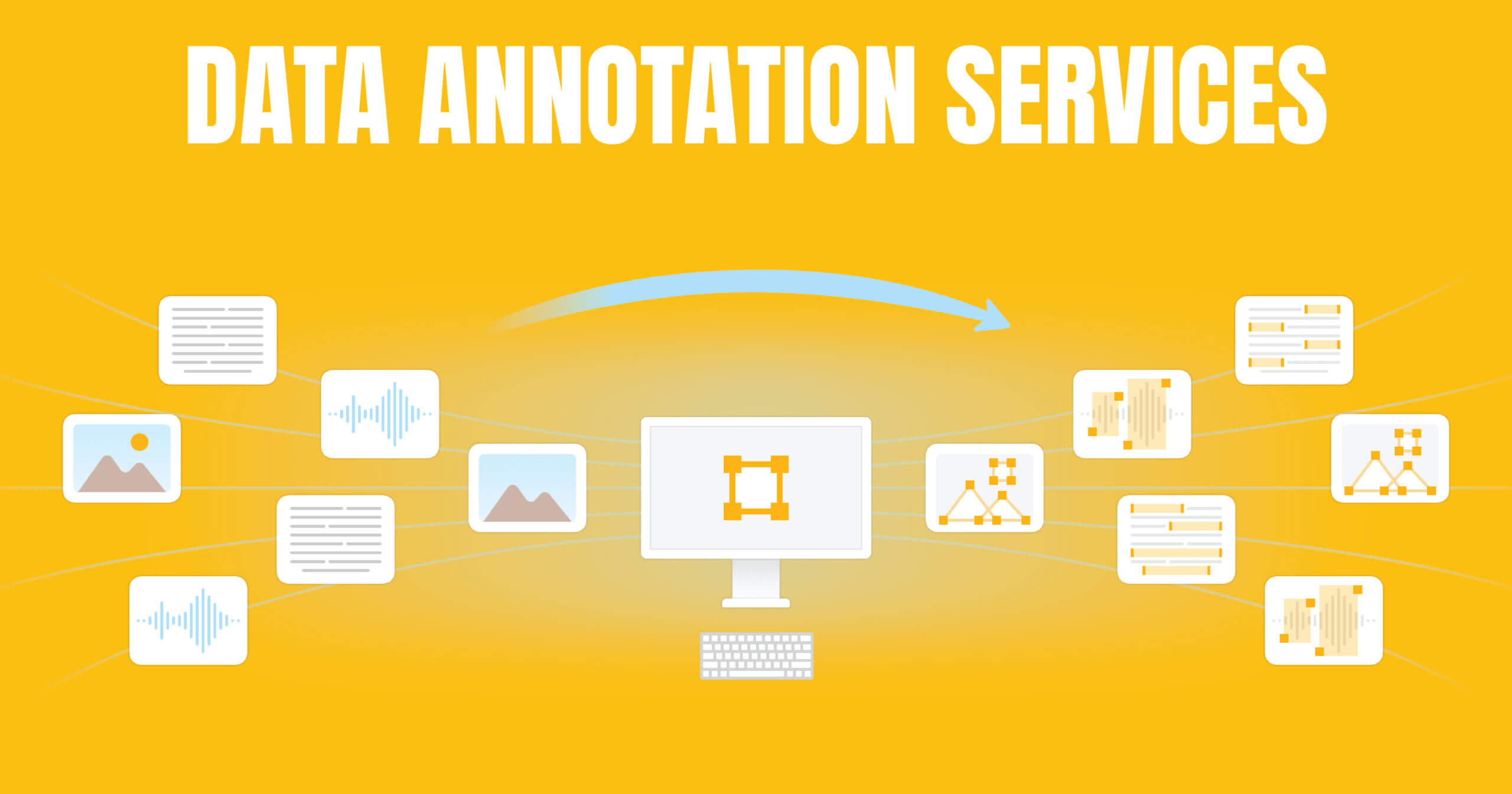A steel manufacturing company is a business that produces steel, a metal alloy made up of iron and other elements. Steel is used in a wide range of applications and industries, including construction, automotive, and manufacturing.
Steel manufacturing companies employ a variety of processes to produce steel, including melting, rolling, and forging. Steel manufacturing companies also produce related products such as steel pipes, rebar, and sheet metal. You may consider an iron and steel manufacturing company in Turkey to get the best services.

Image Source: Google
Processes Involved Steel manufacturing is a complex process that involves a variety of processes:
The first step in the process is melting. This involves heating steel scrap or iron ore to a temperature high enough to liquefy it. The liquid steel is then poured into molds or onto a casting table to form ingots. The ingots are then heated and rolled into various shapes and sizes.
Next, the steel is forged. This is done by heating the steel and then shaping it with a hammer or a press. This process is used to create items such as tools and automotive components. The steel is then cut and shaped into specific sizes and shapes.
Finally, the steel is heat-treated. This is done to give the steel strength, hardness, and flexibility. Heat treatment also improves the steel's corrosion resistance and wear resistance. Benefits Steel is an incredibly versatile material that can be used in a variety of applications. Steel is strong, durable, and can be used in a wide range of temperatures. It is also corrosion-resistant and can withstand high levels of stress. Steel is also recyclable, making it an environmentally friendly material.
Conclusion: Steel manufacturing companies are responsible for producing a wide range of steel products. These companies employ a variety of processes, such as melting, rolling, and forging, to create steel that can be used in many different industries.

